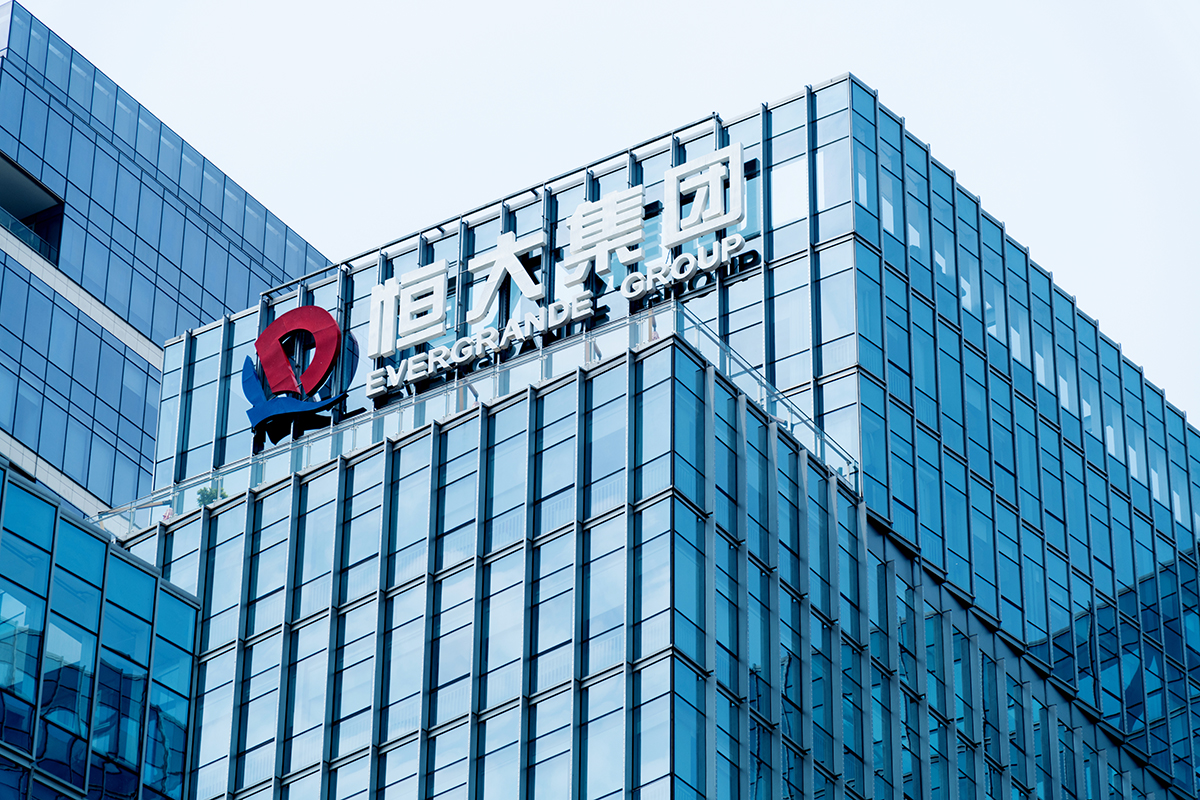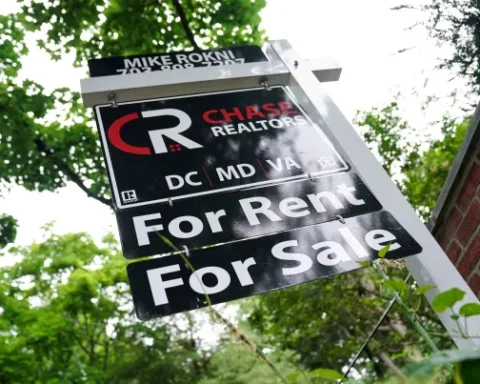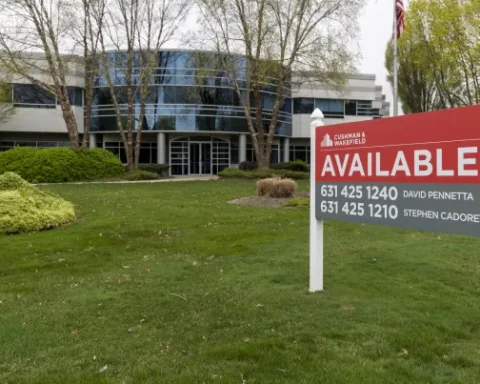Evergrande Group, China’s emblematic property giant and at the heart of the country’s real estate turmoil, has turned to US courts for bankruptcy protection.
The move is aligned with Chapter 15 of the US bankruptcy law, aiming to safeguard its American assets while navigating a potential restructuring. This provision also outlines procedures for insolvency matters that span multiple countries.
Once recognized as China’s leading property developer, Evergrande grappled with an alarming $300 billion in liabilities in 2021. As Chinese regulators honed in on the property sphere, the company’s financial distress became symbolic of the broader challenges in the country’s real estate domain.
The uncertainties surrounding Evergrande in 2021 cast a shadow over the world’s second-largest economy.
Recent submissions in New York revealed that Tianji Holding and Scenery Journey, both overseen by Evergrande as the principal holding entity, have similarly applied for Chapter 15 protection.
For an extended period, Evergrande has been drafting an international debt modification plan. Early this year, the company suggested that creditors exchange their debt for newly minted company notes or stake a claim in its two offshoots, Evergrande Property Services Group and Evergrande New Energy Vehicle Group.
Yet, concerns about this debt reshuffling strategy intensified as Evergrande reported an aggregated loss of $81 billion across 2021 and 2022.
The turbulence in China’s property arena persists. Leading property firms have failed to deliver on housing schemes, eliciting demonstrations and mortgage pushbacks from potential homeowners.
Increasing apprehensions suggest that the turbulence in the property domain could ripple through other segments of China’s gradually decelerating economy. Since the onset of this debt dilemma in mid-2021, firms representing 40% of China’s housing sales have hit a financial snag.
In response, Beijing has been deploying measures to stabilize the property market, from reducing mortgage rates and simplifying regulations to extending more credit lines to developers.
The trajectory of Evergrande, and the broader challenges in China’s property sector, underscore the intricate balance Beijing is trying to maintain between regulatory scrutiny and economic stability. The global implications of this crisis serve as a reminder of China’s pivotal role in the world economy. As the dust settles, investors, homebuyers, and policymakers alike will be watching closely to discern the lasting impacts and potential reverberations across global financial landscapes.







